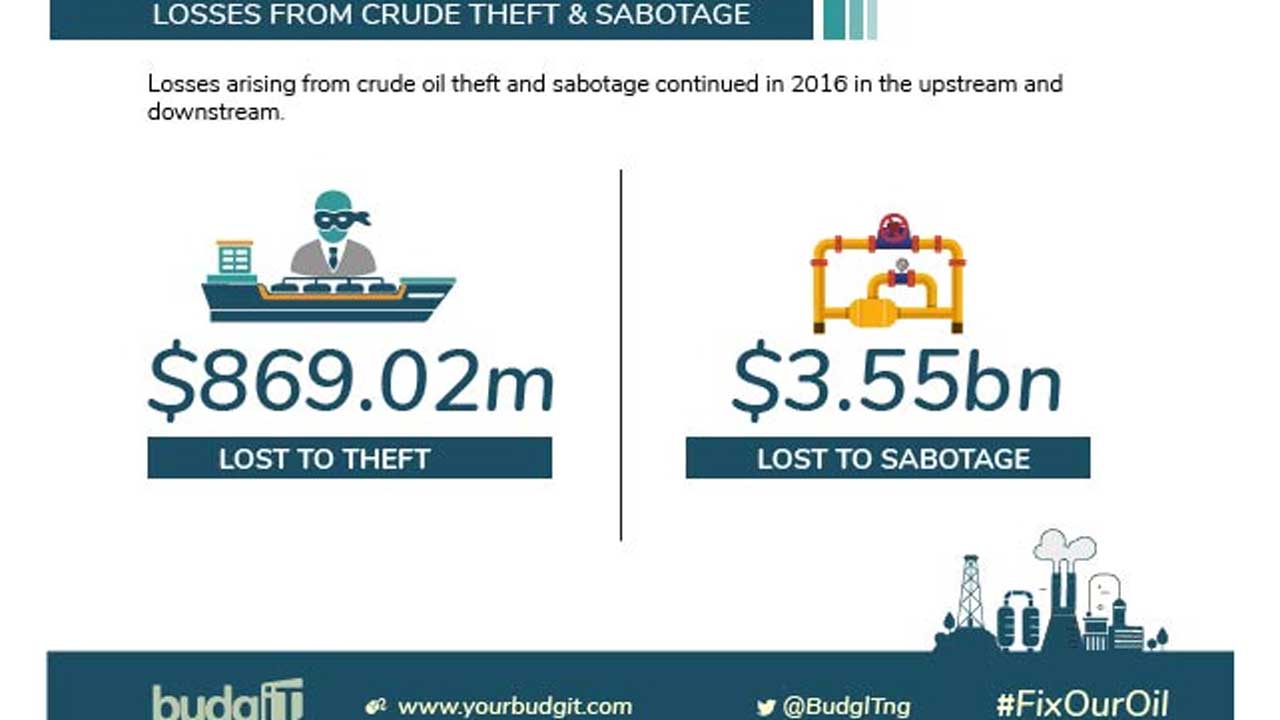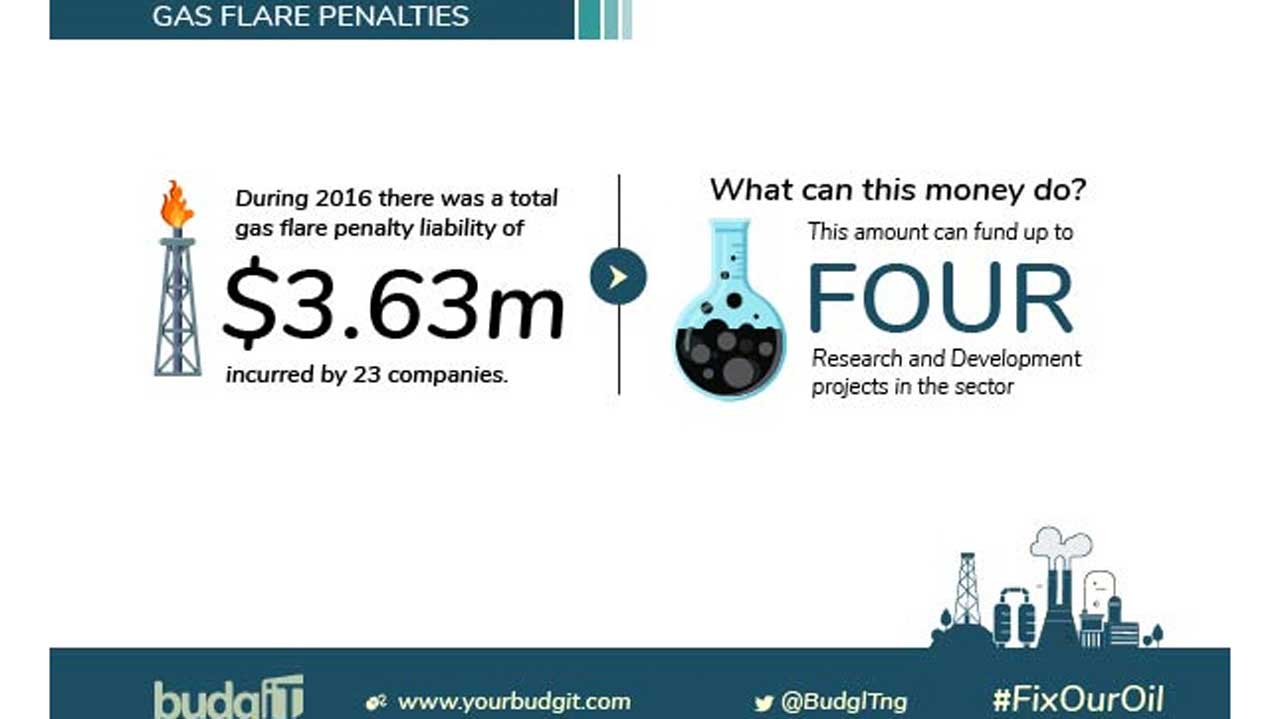
Among the challenges besetting Nigeria’s economy, which has been internationally acknowledged is the multifaceted nature of losses that are largely induced by poor records, corruption and tardiness in enforcement of rules.
While the Nigeria Extractives Industry Transparency Initiative (NEITI), a national body responsible for ensuring transparency and accountability in the extractive industries geared towards the enhancement of the country’s development has kept the tradition of reporting sectoral issues, timeliness has remained the challenge.
The body has done an amazing job of providing the public with data from it’s audit exercise in the oil and gas sector, but when audit reports arrive very late, it adds more challenge to enforcement. For example, the 2016 Audit report for oil and gas sector arrived in December 2018, two years after.
But the report, as usual, unearthed worrisome developments, which have been a major part of the country’s growth challenges. But it also shows not only the shallow nature of the country’s accounting process in public institution, but lack of transparency, non-committal and deep slide into corrupt activities.
According to the report, in the first quarter of 2016, there were three cases of under- remittance, whereby unit prices and crude values on the sales invoice were higher than what was indicated in sales profile. This practice led to an aggregate revenue loss of $7.820 million.
This amount can fund 500 hospitals in the oil-rich communities in a country where the majority cannot access or afford health services.
In the report, the Nigerian National Petroleum Corporation (NNPC) were fingered for not applying market rate as advised by CBN to convert the sales proceeds received in dollars for domestic crude sales, leading to under-remittance of N260.43 million.
The question now is what is the plan to get NNPC to stop this practice? An under-remittance of N4.024 million was observed in 2015 due to similar practices.
There was also un-reconciled amount of N200 million ($770,238) being a payment made by Sterling Oil Exploration. The audit revealed that Sterling paid the naira equivalent of $770,238, which was not traceable to Niger Delta Development Commission (NDDC) bank account.
This amount, again, can fund 10 standard schools in oil-rich communities.
For the he Nigerian Content Development and Monitoring Board (NCDMB), there was an un-reconciled amount of $557,464, being a payment made by Mobil for August and December. The audit revealed that Mobil paid the money into NCDMB’s TSA account, but NCDMB has no confirmation of the payment in their account.

The Nigerian Content Development and Monitoring Board (NCDMB) manages the Nigerian Content Development Fund (NCDF) which was established by Section 104 of the Nigerian Oil & Gas Industry Content Development (NOGICD) Act of 2010 and provides that one percent of every contract in the upstream sector of the Nigeria Oil and Gas industry shall be deducted at source and paid into the Fund. Why should NCDMB continue to manage the fund?
There was a total gas flare penalty liability of $3.63 million incurred by 23 companies in 2016. This amount can comfortably fund up to four research and development projects in the oil and gas sector.
There was also gas royalty underpayment from Nigerian Petroleum Development Company (NPDC), MIDWestern and Frontier, amounting to $19.98 million. What is the strategy to curb underpayment by different companies? There may not be clear-cut answer unless patriotism transcends every other consideration.
The non-payment of royalties by defaulting companies resulted in revenue loss of $46.67 million during the period under review, while NPDC, Newcross E&P, ND Western, Platform and Dubri Oil were reported to have underpaid to the tune of various sums.
In the fight against corruption, the question remains: What’s the plan to discourage other companies from underpaying oil royalty?
In the report, an analysis of Transport Revenue as submitted by Shell Petroleum Development Company (SPDC) revealed that it made payments to the tune of $36.34m, which was not accounted. Will NNPC needs to account for this?
The report also listed NAOC liability for the year under review, which stood at $10,382,350. This represents 60% of the NNPC equity in the their joint venture business.
There was also an underpriced cargoes due to the bad quality of crude, which led to an aggregated revenue loss to the federation of $2.055 million.
As at 2016 report, no fewer than six NEITI’s recommendations in 2015 have not been implemented. These cut across NNPC’s pricing of domestic crude oil; management of cash calls; signature bonus; NESS fees; gas flare penalty; and pioneer status.



